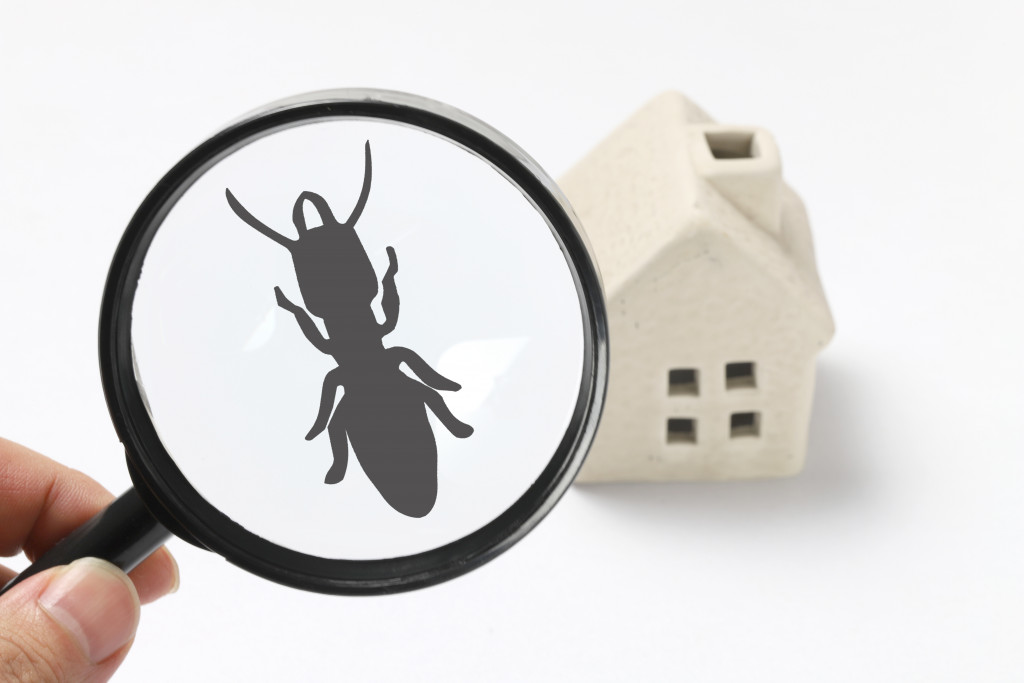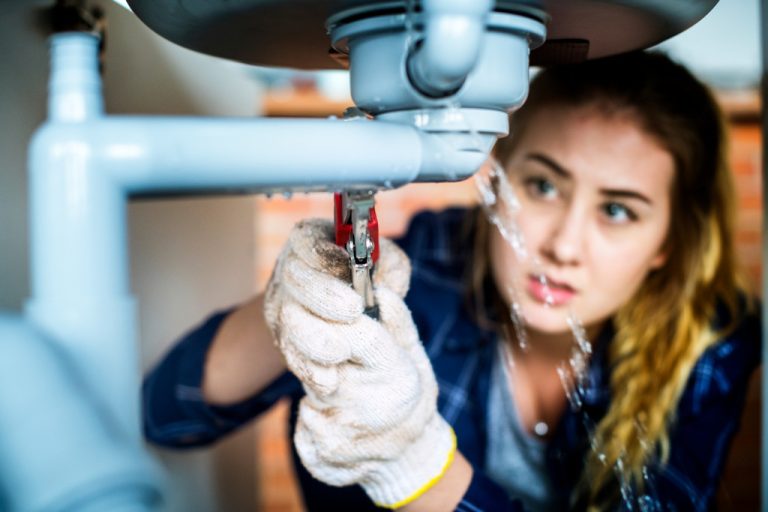- Regular inspection and maintenance of critical areas in your home is essential to keep it in good condition.
- Inspect your roof at least once a year for leaks or damage, and clean up debris regularly.
- Check the foundation for signs of issues such as hairline cracks, soil movement, shifted doors or windows.
- Maintain your HVAC system and replace filters every three months.
- Inspect your pipes for signs of damage or leaks, and check faucets, sinks, and toilets for wear or corrosion.
As a homeowner, keeping your property in tip-top condition is vital to prevent costly repairs. Proper maintenance of your home is essential, not only for your comfort and enjoyment but also for its longevity.
Many homeowners neglect their property and pay significant amounts for repairs. However, with some tips and tricks, you can avoid these hefty bills and keep your home in excellent condition.
Regular Inspection
Your home is your most significant financial investment, and keeping it in good condition is essential. Regular upkeep and maintenance can prolong the life of your home and prevent costly repairs. It’s easy to overlook some areas and systems that require inspection but don’t let that happen. Regular review of the critical regions in your home can save you time, money, and stress.
Roof
The roof is undoubtedly the most critical part of a home’s structure. It protects your home from rain, wind, and extreme temperatures. Regular inspections of your roof will ensure it’s doing its job effectively.
The top should be inspected at least once a year to identify potential leaks, damage, or worn shingles and a professional roofer can identify issues that may go unnoticed otherwise. Don’t forget to clean up debris and leaves off the roof regularly can prevent unwanted damage.
Foundation
The foundation is the backbone of your home, and any issues in this area can lead to costly repairs. Spotting the warning signs early can avoid much expensive work down the line. Hairline cracks, soil movement, and shifted doors and windows can all indicate a foundation problem. Inspect this area at least once a year to identify any issues before it’s too late.
HVAC System
Your HVAC system keeps your home cool in summer and warm in winter. Regular maintenance can prolong your HVAC system’s life and ensure it’s running efficiently. Inspect your HVAC system at least once a year and clean or replace filters every three months. A professional can assess your system and find potential problems requiring attention.
Plumbing
Leaky pipes and faucets can waste water and lead to mold growth or structural damage. Inspect your pipes for signs of damage or leaks. Check the faucets, sinks, and toilets for signs of wear or corrosion. Also, check your water heater and any exposed pipes for signs of trouble.
Keep Your Home Clean

Keeping your home clean can prevent several significant repairs. For example, keeping your gutters clean reduces the risk of water damage to your roof and foundation. It also helps improve the air quality of your home, preventing mold and mildew growth. Cleaning your home regularly also prevents pests from invading your home.
In addition, the right tools in keeping your home clean can save you time, energy, and even money in the long run. A water softener system is a fantastic example of this. Hard water can be harsh on your appliances and pipes, which means costly replacements or repairs. However, a water softener system can alleviate those concerns and keep your home running smoothly. By investing in intelligent systems like this, you can enjoy a cleaner, stress-free living environment, and that’s certainly worth the investment.
Regular Maintenance of Appliances
To make sure your appliances are running efficiently, you need to have regular maintenance services. This includes your furnace, air conditioning, and water heater. Maintenance ensures that your devices are functioning correctly and increases their life expectancy.
Regular maintenance also saves money in the long run since it prevents costly breakdowns. You can schedule annual maintenance services with a reputable company or follow the manufacturer’s instructions.
DIY Repairs
Not every repair requires a professional. Homeowners themselves can handle minor repairs. DIY can save money and give homeowners insight into how their homes are constructed. However, homeowners must be cautious and avoid repairs beyond their skills and knowledge. Some repairs may seem simple but could lead to more damage when done wrongly.
Regular Pest Inspections

Some pests, such as termites, can cause significant damage to your home’s structure and cost a considerable amount of money in repairs. Regular pest inspections can help prevent such damage, and early detection of infestations can save you money in extermination and repair services.
Home repairs can be expensive, but they are also unavoidable at some point. However, homeowners can take steps to prevent them from happening or reduce the frequency. Regular inspections, keeping your home clean, taking care of appliances, DIY repairs, and pest control are ways to prevent costly repairs. By following these simple steps, homeowners can save money while keeping their homes comfortable and habitable for years.
